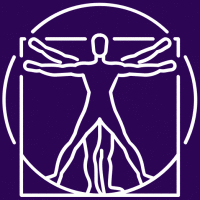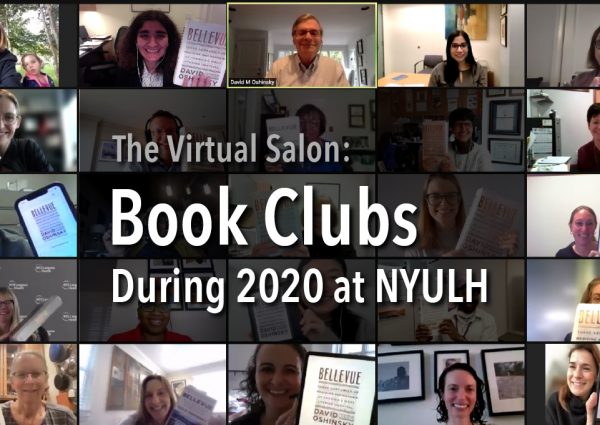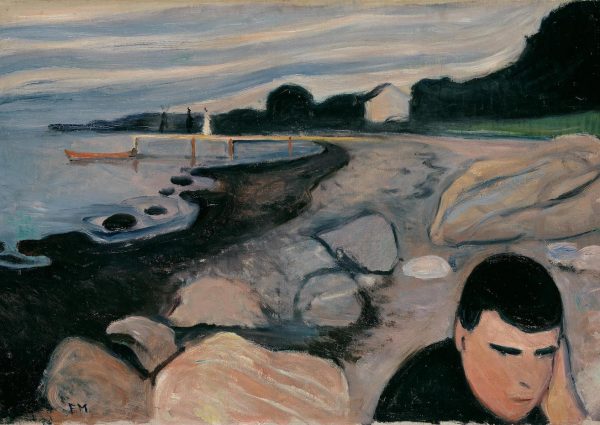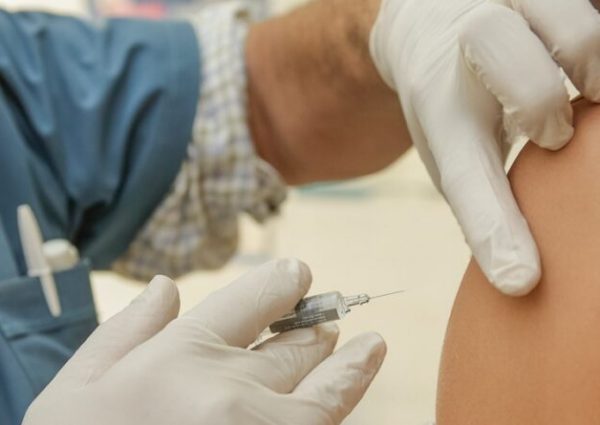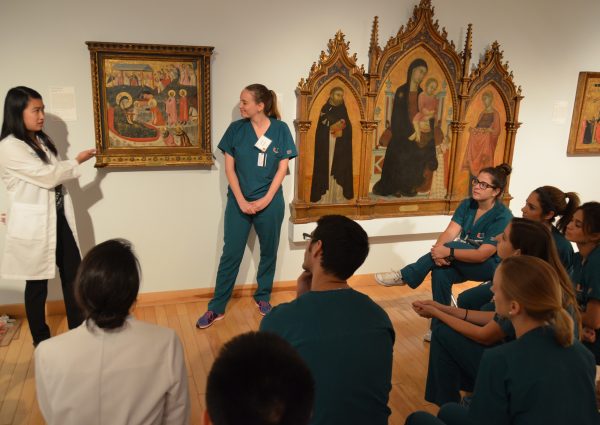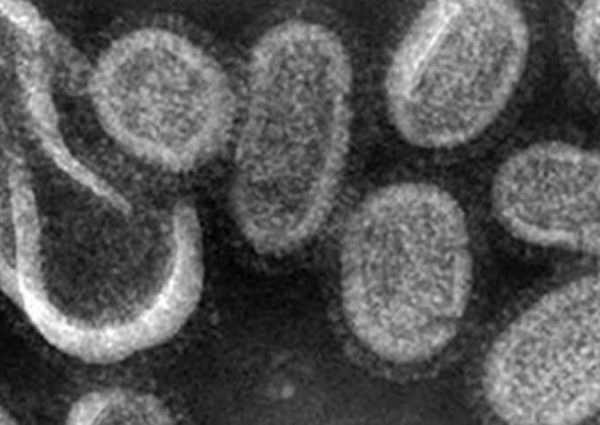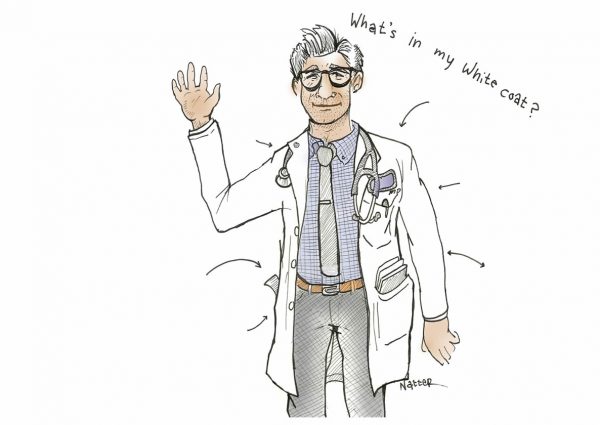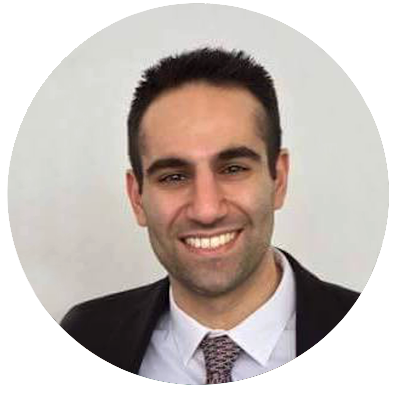
Dept of Hematology/Oncology UCLA David Geffen School of Medicine
“Mental pathologies at the root of modern medical training:
lessons from the life of Professor William Stewart Halsted”
What was your topic?
I reviewed the medical education legacy of Professor William Stewart Halsted. Halsted’s transition from New York to Baltimore marked major changes in personality, teaching style and scientific focus, prompted by a devastating addiction to cocaine and morphine. The use of extended clinical responsibility for residents, an emphasis on laboratory work, and a more distant method of teaching all arose from limits placed on him by addiction, and to a great extent define his legacy of medical education.
Who was my mentor?
David Oshinsky, PhD
What was the research experience like?
Illuminating, particularly in my introduction to primary historical archive research. I was fortunate to have so much direct material from Halsted preserved in one site (The Alan Mason Chesney Medical Archives at Johns HopkinsUniversity), with meticulous organization by experienced archivists. Research in this area also meant finding archival material from his colleagues, which were gathered through different historic journal articles and books that were long out of circulation. It brought me into a whole field of research and library science very different from what I had done in my other humanities- based works in philosophy and English literature, with an appreciation for the depth of work performed by historians.
How did the Fellowship impact your role as physician and a writer?
This project inspired a lasting interest in medical history, which has changed the way I see the different phenomena of modern medical practice and culture. Nothing appeared from a vacuum, every aspect of our medical(and wider) world has come about through some trajectory or story, and this context is essential to understanding the complex issues in medicine as they arise. It challenges me to read more, dig deeper, and seek historical perspectives on these issues beyond what is immediately at hand in the present moment. This has enriched my writing by revealing many new dimensions to the world around me, which in turn urges me towards telling their often hidden stories.
What publications and professional invitations came out of it?
My original, long-form article was edited for publication via Clinical Correlations ,and delivered as an oral presentation at American Society for Bioethics andHumanities (ASBH) 2015 annual meeting in Houston, Texas.
What are you working on currently?
I am currently a 1st year fellow in the hematology/oncology program at UCLA, working on novel approaches to Advanced Care Planning in cancer populations. On the side, I take part in a podcast on the medical humanities with my former NYU co-residents (part of the CORE IM series), using expert interviews and literature to break down topics like AMA discharges, hope and meaning in medical practice, prejudice/judgements between medical providers, and issues in death/dying. I still also continue to write creative non-fiction, when the spirit moves me!
